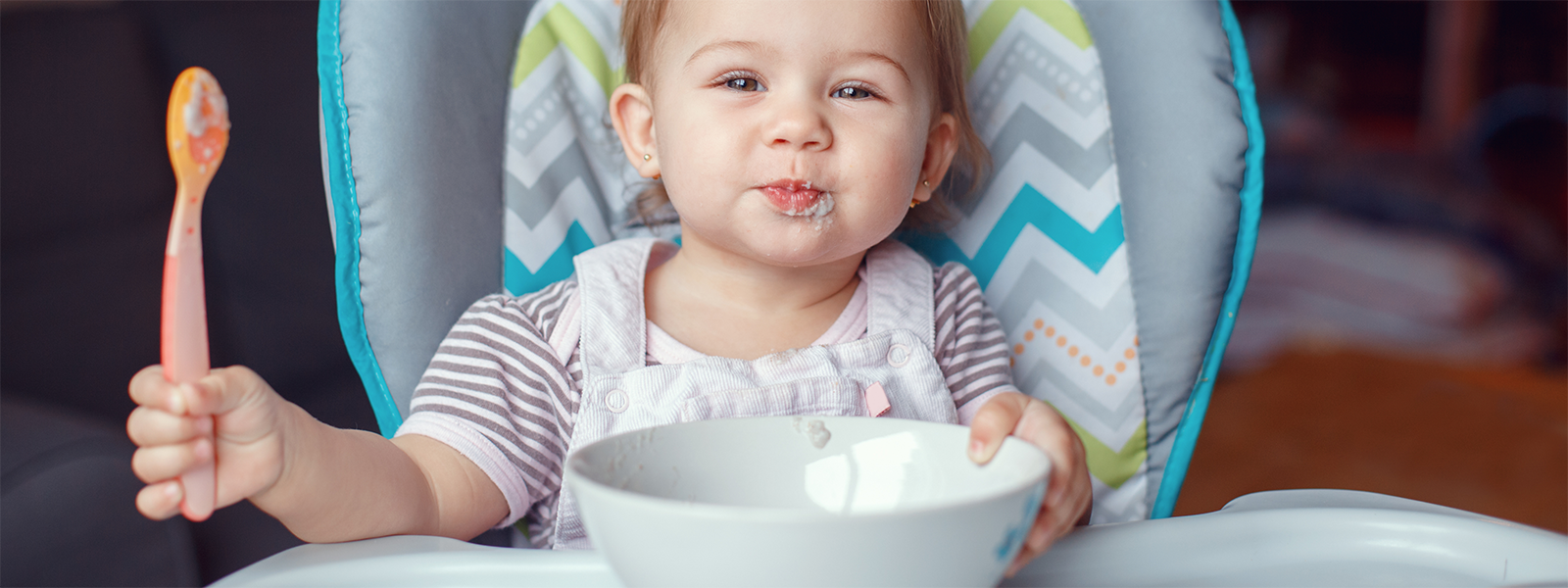At around 14 weeks, your pregnancy is entering an exciting new phase—the second trimester! Many women find this to be the most comfortable trimester, as some early symptoms like nausea and fatigue may begin to ease. However, a whole bunch of new physical and emotional changes are on the way.
Here are some of the common symptoms you might experience as you move through your second trimester. Always consult your doctor about the unique needs of your pregnancy.
What you can expect and what you can do
The first signs of a baby bump
By about 16 weeks, something exciting starts to happen: your baby bump becomes visible!1 You may also notice a dark line running from your belly button to your pubic area, called the linea nigra. This is completely normal and should fade after birth.1
Breast changes
During the second trimester, your breasts may become fuller, heavier, and more tender as they prepare for breastfeeding. Your areolas may darken and expand, and some women even begin to leak small amounts of colostrum—the first milk your body will produce. If you experience leaking, consider wearing breast pads to stay comfortable and avoid any spots on your clothes.
Swelling
Carrying a baby is certainly not an easy task, and in your second trimester, you may experience mild swelling in your feet and ankles. As your body produces more blood and your baby grows, fluid can build up in your lower limbs, causing mild puffiness.3
To manage this, try resting with your feet elevated when you can and avoid wearing tight shoes or socks with elastic bands. Talk to your doctor if the swelling is sudden or if you have swelling in your face or hands.
Digestive issues
Your uterus is growing something wonderful which can put pressure on your digestive organs. For some women, this can sometimes lead to heartburn and constipation and may worsen as your pregnancy progresses. If heartburn becomes bothersome, try avoiding spicy or greasy foods, and consider eating smaller, more frequent meals. For constipation, drinking plenty of water, eating fibre-rich foods, and staying active can help keep things moving.3
Back and pelvic pain
As your body’s centre of gravity shifts and pregnancy hormones relax your joints and ligaments, the changes can cause lower back pain and pelvic discomfort.1 To ease back pain, sit with proper posture, avoid heavy lifting, wear comfortable shoes, and sleep on your left side with a pillow for support. A massage, warm bath, gentle stretching, or using a warm compress may help to relieve discomfort.
Nasal congestion and nosebleeds
These can be surprisingly common in the second trimester due to increased blood flow and hormonal changes.2 To ease these symptoms, use a cool mist humidifier, drink plenty of water, and try saline nasal drops. Massaging your sinuses or inhaling steam from a hot shower can also help. Avoid antihistamines unless advised by your doctor.
Lots of emotions
Growing a baby can bring a rollercoaster of emotions, so be kind to yourself and know it’s normal to still experience a mix of emotions as your hormones shift. You may find that your pregnancy is starting to feel more real. You may struggle with sleep, feel excited, nervous, overwhelmed, or all of the above! This is a great time to celebrate your pregnancy, talk to your baby, gently massage your belly, or start a pregnancy journal to document your feelings and milestones.
Feeling baby move
The second trimester is when many mothers begin to feel their baby’s first movements, often referred to as "quickening".2 This may feel like gentle flutters or bubbles in your belly. These early movements can be reassuring and exciting as they serve as a reminder that your baby is growing strong and active inside you. Be sure to note the date of your first movements to share at your next appointment with your doctor.
Top takeaways
The list of possible physical changes from pregnancy is certainly a long one. Whether you're dealing with discomforts like back pain or digestive issues, or feeling emotionally overwhelmed, remember that these changes are all part of the journey! Be kind to yourself, lean on your loved ones, and reach out to your healthcare provider if you have any concerns.
Above all, enjoy the excitement of this special time. You’re doing great, and with each passing week, you’re getting closer to meeting your little one!
References
1 HealthLink BC. Body changes during pregnancy. Updated December 2024. Accessed December 2024. https://www.healthlinkbc.ca/pregnancy-parenting/pregnancy/body-changes-during-pregnancy
2 HealthLink BC. Mother's physical changes during the second trimester. Updated August 2013. Accessed December 2024. https://www.healthlinkbc.ca/pregnancy-parenting/pregnancy/your-second-trimester/mothers-physical-changes-during-second
3 Public Health Agency of Canada. Healthy pregnancy guide. Government of Canada. Updated September 2024. Accessed December 2024. https://www.canada.ca/en/public-health/services/health-promotion/healthy-pregnancy/healthy-pregnancy-guide.html
4 Society of Obstetricians and Gynaecologists of Canada. Healthy pregnancy. Pregnancy Info. Accessed December 2024. https://www.pregnancyinfo.ca/your-pregnancy/healthy-pregnancy/










